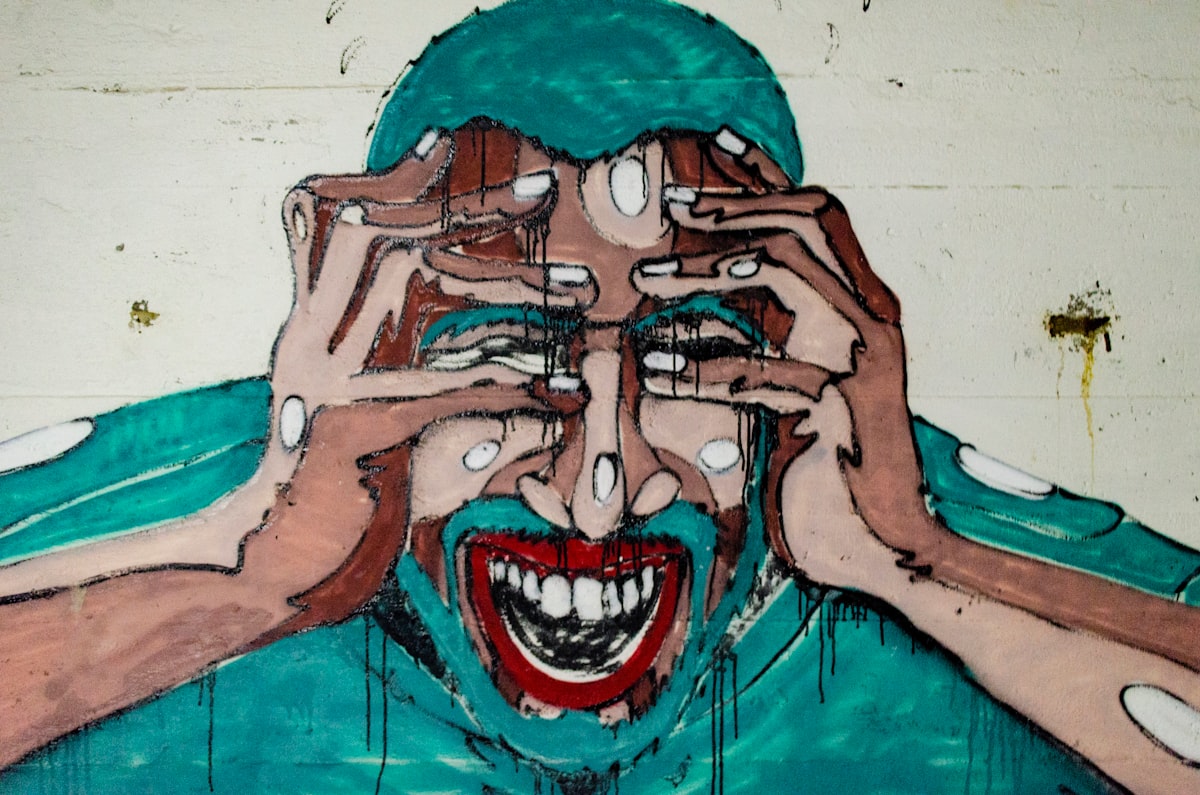Are You Lacking a Viable Life Plan?

In the emerging field of evolutionary psychiatry there has recently been attention focused on mood and personality disorders as adaptive traits. Why is it that disorders like depression or schizophrenia have not been deleted out of the human genome? Of course, not all expressed traits are always an adaptation; sometimes a trait can be vestigial or even transitory in its expression. In an evolutionary context, psychopathology is difficult to explain. In the case of schizophrenia there is evidence that sexual selection is at work. Depression seems to present a more complicated problem. There are a few theories that try to explain how natural selection could allow depression to survive as a successful adaptation.
There is a great article in Arch Gen Psychiatry, Is Depression an Adaptation? by Randolph M. Nesse, MD. Nesse does a brief but thorough review of the most widely accepted thinking on this issue. Though the conclusions are not all that breathtaking, there are some interesting twists on what we may consider common sense. Families and friends are usually too busy dealing with the consequences of depression to ever really focus on the etiology of the disease, much less its natural selection fitness factors. There are two theories in particular that seem to have powerful predictive power and also seem to explain how a disease like depression could have survived in the genome.
The first theory is based on the idea of “lacking a viable life plan” or missing a “crucial resource.” This would mean that having no goals in life or at least having all goals fall apart would be a trigger for major depression. Another trigger would be having no resources – no money for example. These situations are both recognized as usually leading to depression and sometimes suicide (evolutionary theory has more difficulty explaining suicide ideation as an adaptation and usually explains it an aberration).
The second theory describes depression as a way to win scarce resources by generating sympathy and activating a caregiver response in others – or as Nesse puts it, “a communication designed to manipulate others into providing resources.”
Nesse’s conclusion:
It seems likely that low mood and related negative affects were shaped to help organisms cope with unpropitious situations. Some negative and passive aspects of depression may be useful because they inhibit dangerous or wasteful actions in situations characterized by committed pursuit of an unreachable goal, temptations to challenge authority, insufficient internal reserves to allow action without damage, or lack of a viable life strategy.
However, it is essential to emphasize that many depressions are clearly disease states: some caused by dysregulations of negative affect and others by brain defects unrelated to low mood. The fact that low mood, and perhaps some depression, may be useful should not distract attention from recognition that depression is one of humanity’s most serious medial problems. A deeper understanding of the adaptive significance of low mood and depression will improve our ability to prevent and relieve both mood disorders and low moods that are normal, but unnecessary.




